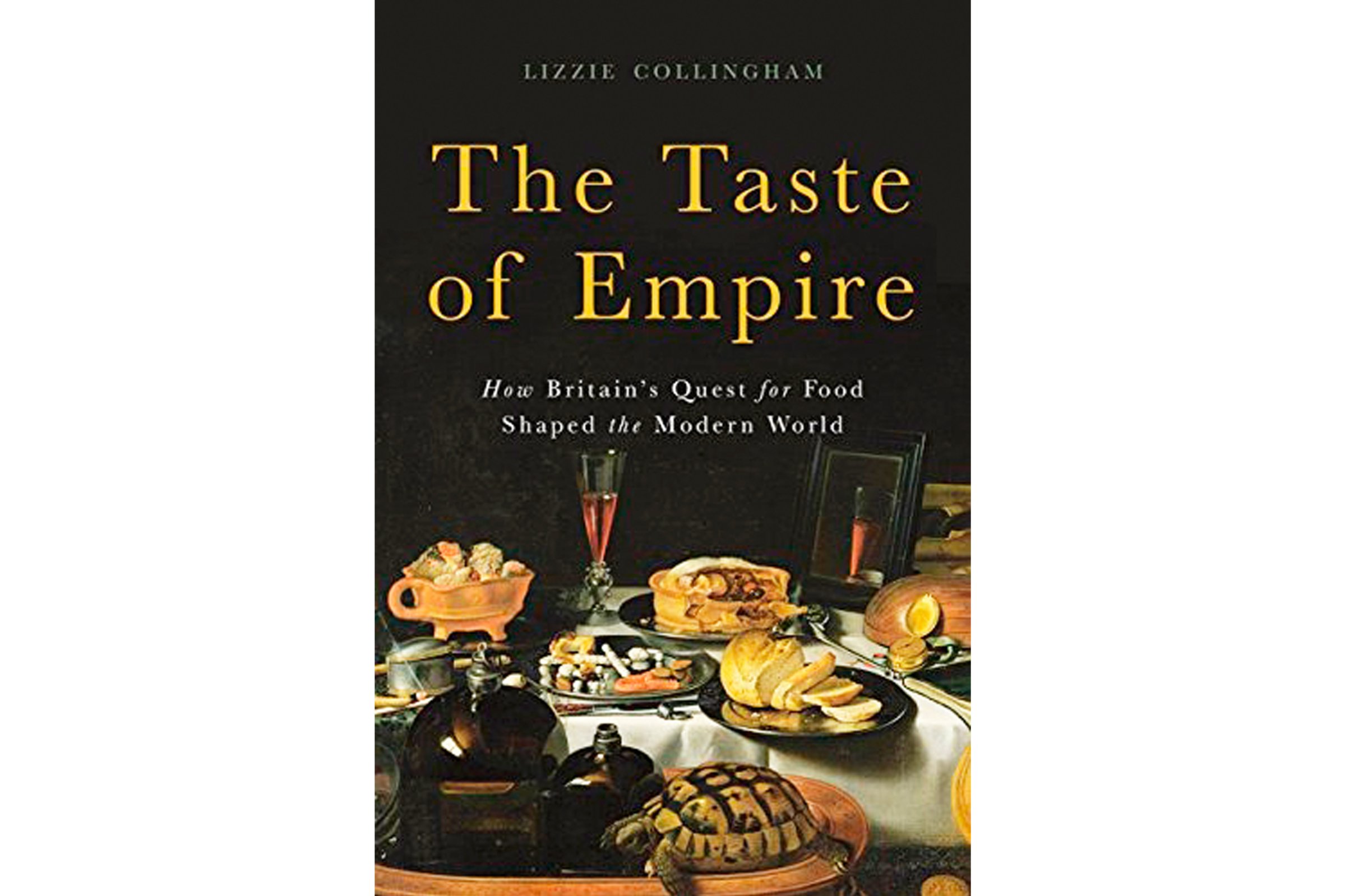
There are many factors that drove Britain’s centuries-long quest for world domination. But one of the biggest, argues historian Lizzie Collingham in her new book The Taste of Empire, was a taste for better, more exotic food, from India’s pepper and tea to Barbados’ sugar.
Over time, the pursuit of these far-flung delicacies led to large-scale oppression — evident not least in the slave trade — whose effects still linger in the ex-colonies today.
But that’s not all the British left behind. As their trade routes grew bigger and more complex, they changed the culinary landscapes of the countries they touched — introducing African rice to South Carolina, for example, and curry to Guyana with the shipping of Indian labor. In the process, they upended their domestic diet as well.
“By the 1930s, the wheat to make the working man’s loaf was supplied by Canada,” Collingham writes, “and his Sunday leg of lamb had been fattened on New Zealand’s grasslands.”
More Must-Reads From TIME
- The 100 Most Influential People of 2024
- Coco Gauff Is Playing for Herself Now
- Scenes From Pro-Palestinian Encampments Across U.S. Universities
- 6 Compliments That Land Every Time
- If You're Dating Right Now , You're Brave: Column
- The AI That Could Heal a Divided Internet
- Fallout Is a Brilliant Model for the Future of Video Game Adaptations
- Want Weekly Recs on What to Watch, Read, and More? Sign Up for Worth Your Time
Contact us at letters@time.com